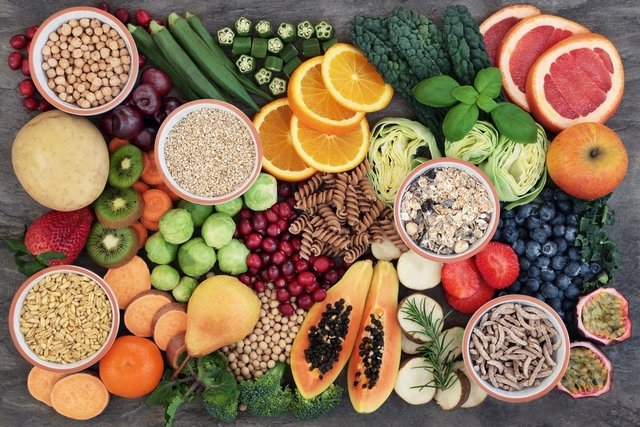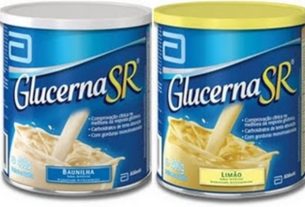The main foods that are rich in organic silicon include some fruits, such as raisins and oranges; legumes and vegetables, such as beetroot and watercress; and cereals, such as oats, rye and wheat.
Organic silicon is a mineral widely used in beauty products, as it helps keep skin firm and hair and nails beautiful and healthy.
In addition to food sources, silicon can also be found in the form of capsules, which can be purchased at pharmacies and health food stores, and should be used as recommended by a doctor or nutritionist. See how to use silicon in capsules.

List of foods rich in silicon
The following table indicates the amount of organic silicon in each 100g of food:
Other foods that contain silicon, but in smaller quantities, include apples, strawberries, plums, mineral water and dairy products in general.
Benefits of Silicon
The health benefits of silicon are mainly related to beauty, bone and joint health, such as:
- Strengthens bones and joints, as it increases collagen production;
- Helps in the healing of bone fractures;
- Prevents hair loss and increases shine and softness;
- Helps in recovery from respiratory diseases, such as tuberculosis;
- Strengthens nails and prevents hand infections;
- Protects the brain against aluminum intoxication, a mineral that is linked to diseases such as Alzheimer’s;
- Prevented atherosclerose;
- Participates in the formation of collagen, preventing wrinkles and premature aging.
Silicon deficiency in the body can cause signs and symptoms, such as weakening of bones, hair and nails, increased wrinkles and skin aging.
Recommended quantity
There is still no consensus on the recommended amount of silicon, but in general, an intake of 10 to 25 mg per day is suggested for adults.
It is important to remember that elderly people and menopausal women have greater difficulty absorbing silicon, and it is recommended to undergo a medical evaluation before starting supplementation with this mineral.
How to use
In addition to consuming foods rich in silicon, this mineral can also be used in creams and moisturizers daily, following the guidance of a dermatologist.
Silicon in capsules should only be taken under the recommendation of a doctor or nutritionist, and it is generally recommended to take 1 to 2 capsules of this supplement per day. Learn how to use the silicon supplement.
Bibliography
- R. JUGDAOHSINGH. Silicon and bone health. Journal of Nutrition, Health and Aging. Vol.11. 2.ed; 99-110, 2007
- ROBBERECHT, Harry et al. Silicon in Foods: Content and Bioavailability. International Journal of Food Properties . Vol.11. 638–645, 2008
- MEDEIROS, Tais et al. Silicon in foods: a review. Advances in Nutrition Science. Vol.1. 1.ed; 41-48, 2020

Sign up for our newsletter and stay up to date with exclusive news
that can transform your routine!
Warning: Undefined array key "title" in /home/storelat/public_html/wp-content/plugins/link-whisper-premium/templates/frontend/related-posts.php on line 12
Warning: Undefined array key "title_tag" in /home/storelat/public_html/wp-content/plugins/link-whisper-premium/templates/frontend/related-posts.php on line 13



